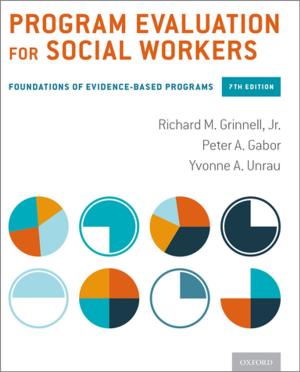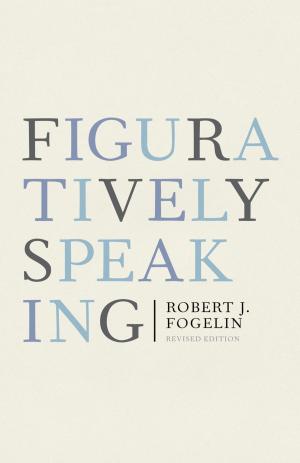Privilege or Punish
Criminal Justice and the Challenge of Family Ties
Nonfiction, Reference & Language, Law, Family Law, Jurisprudence, Criminal law| Author: | Dan Markel, Jennifer M Collins, Ethan J Leib | ISBN: | 9780190452261 |
| Publisher: | Oxford University Press | Publication: | April 20, 2009 |
| Imprint: | Oxford University Press | Language: | English |
| Author: | Dan Markel, Jennifer M Collins, Ethan J Leib |
| ISBN: | 9780190452261 |
| Publisher: | Oxford University Press |
| Publication: | April 20, 2009 |
| Imprint: | Oxford University Press |
| Language: | English |
This book answers two basic but under-appreciated questions: first, how does the American criminal justice system address a defendant's family status? And, second, how should a defendant's family status be recognized, if at all, in a criminal justice system situated within a liberal democracy committed to egalitarian principles of non-discrimination? After surveying the variety of "family ties benefits" and "family ties burdens" in our criminal justice system, the authors explain why policymakers and courts should view with caution and indeed skepticism any attempt to distribute these benefits or burdens based on one's family status. This is a controversial stance, but Markel, Collins, and Leib argue that in many circumstances there are simply too many costs to the criminal justice system when it gives special treatment based on one's family ties or responsibilities. Privilege or Punish breaks new ground by offering an important synthetic view of the intersection between crime, punishment, and the family. Although in recent years scholars have been successful in analyzing the indirect effects of certain criminal justice policies and practices on the family, few have recognized the panoply of laws (whether statutory or common law-based) expressly drawn to privilege or disadvantage persons based on family status alone. It is critically necessary to pause and think through how and why our laws intentionally target one's family status and how the underlying goals of such a choice might better be served in some cases. This book begins that vitally important conversation with an array of innovative policy recommendations that should be of interest to anyone interested in the improvement of our criminal justice system.
This book answers two basic but under-appreciated questions: first, how does the American criminal justice system address a defendant's family status? And, second, how should a defendant's family status be recognized, if at all, in a criminal justice system situated within a liberal democracy committed to egalitarian principles of non-discrimination? After surveying the variety of "family ties benefits" and "family ties burdens" in our criminal justice system, the authors explain why policymakers and courts should view with caution and indeed skepticism any attempt to distribute these benefits or burdens based on one's family status. This is a controversial stance, but Markel, Collins, and Leib argue that in many circumstances there are simply too many costs to the criminal justice system when it gives special treatment based on one's family ties or responsibilities. Privilege or Punish breaks new ground by offering an important synthetic view of the intersection between crime, punishment, and the family. Although in recent years scholars have been successful in analyzing the indirect effects of certain criminal justice policies and practices on the family, few have recognized the panoply of laws (whether statutory or common law-based) expressly drawn to privilege or disadvantage persons based on family status alone. It is critically necessary to pause and think through how and why our laws intentionally target one's family status and how the underlying goals of such a choice might better be served in some cases. This book begins that vitally important conversation with an array of innovative policy recommendations that should be of interest to anyone interested in the improvement of our criminal justice system.















